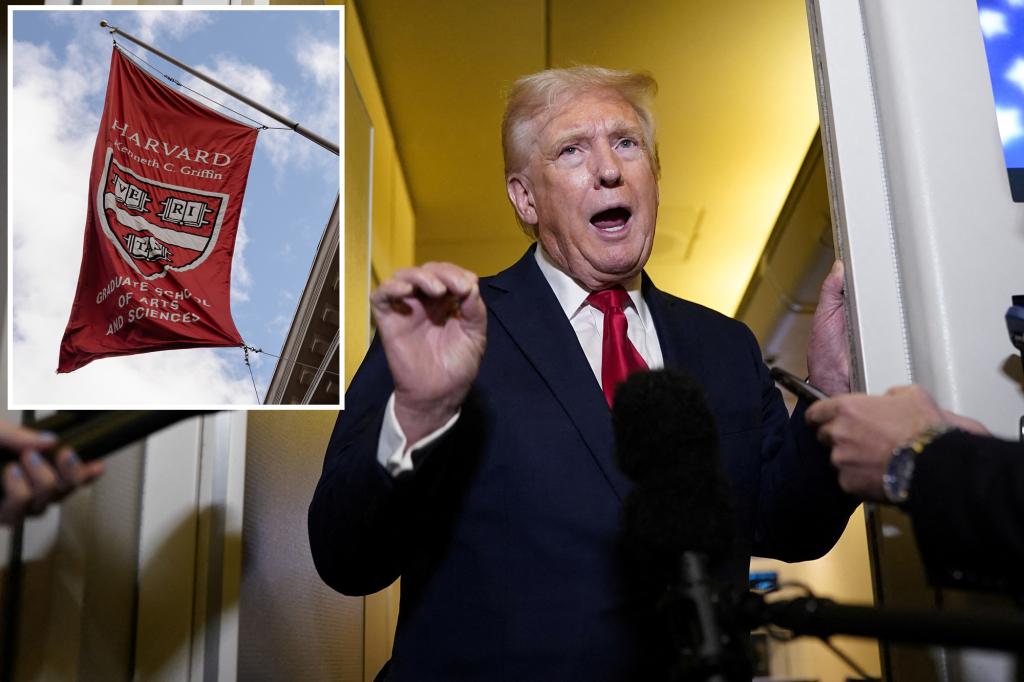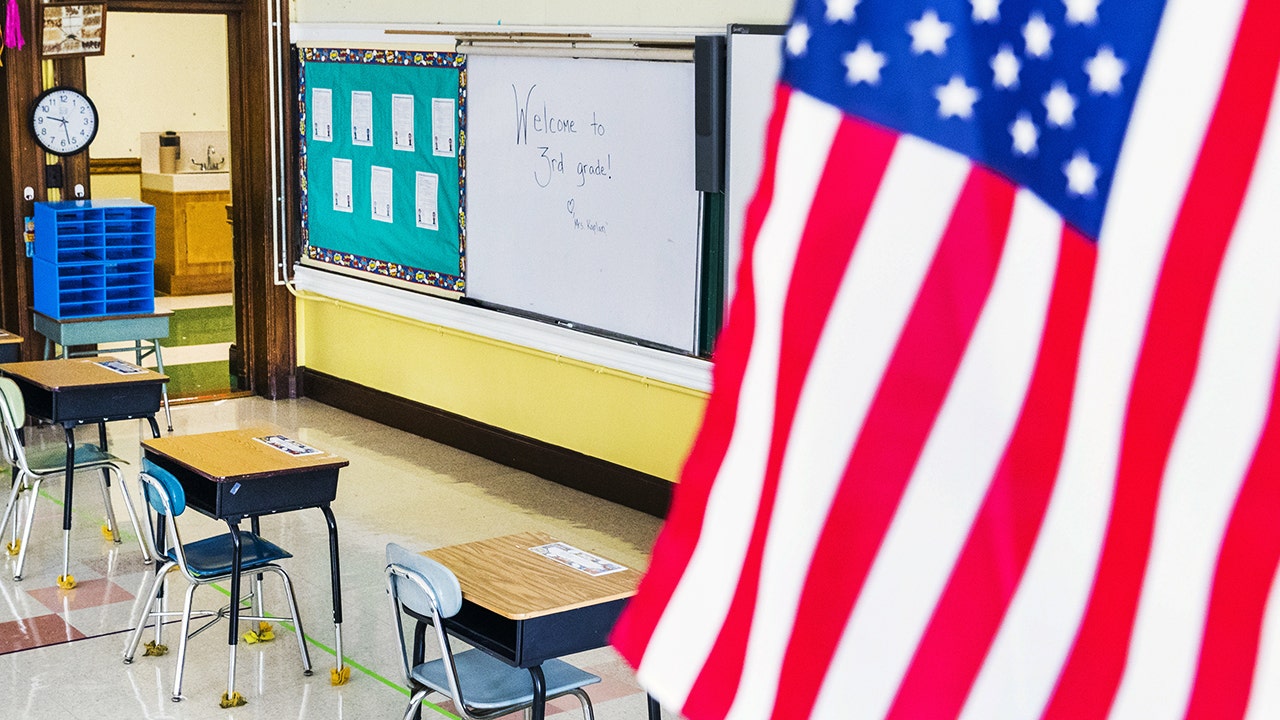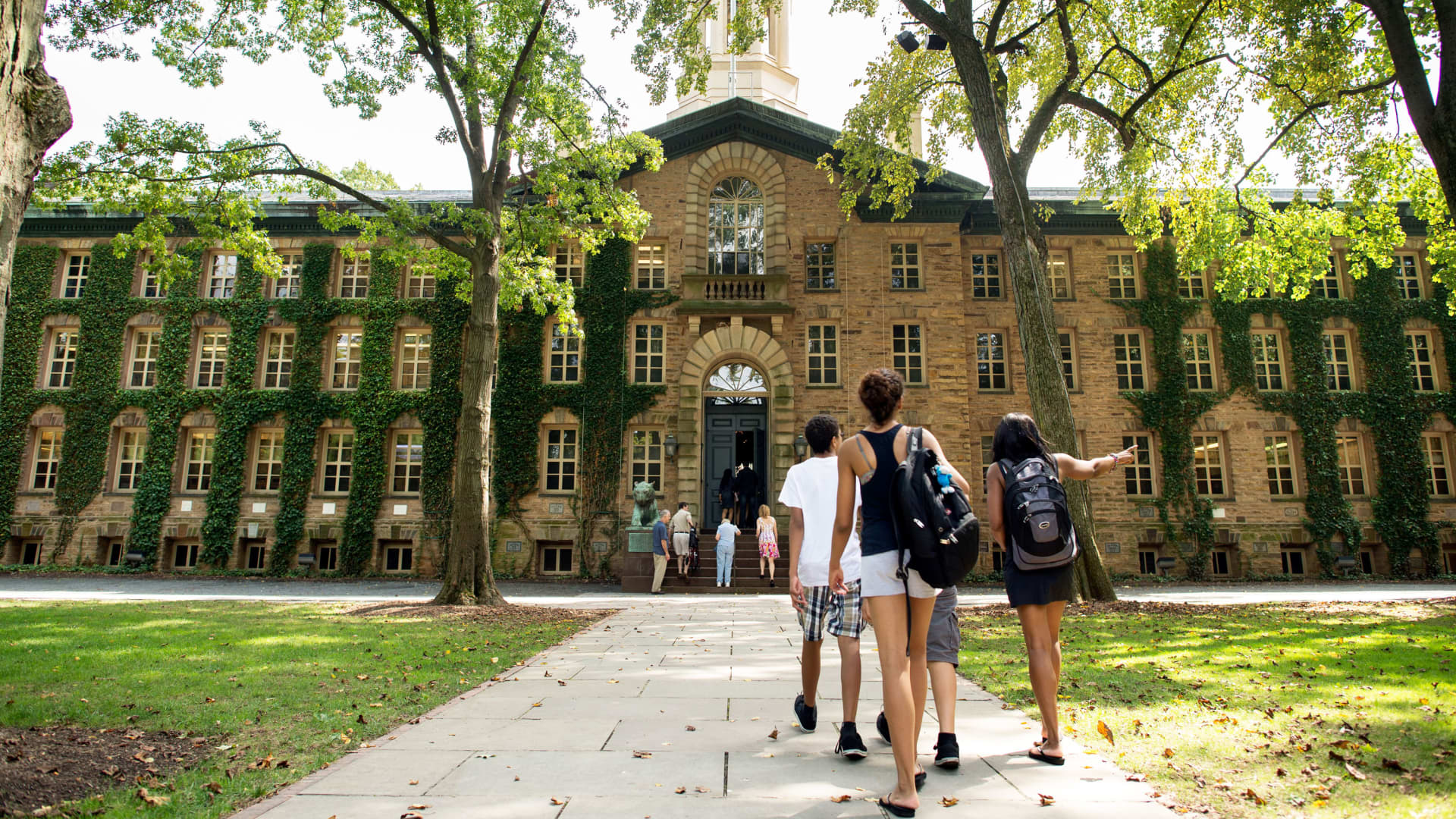Harvard’s International Student Program Faces Unprecedented Threat From Trump Administration
The Trump administration has warned Harvard University it risks losing access to the Student and Exchange Visitor Program (SEVP), potentially jeopardizing enrollment for thousands of international students. This escalation in tensions between federal officials and elite universities follows months of debate over immigration policies and academic autonomy. The move could reshape the landscape of U.S. higher education by limiting access for foreign scholars.
Why Harvard’s SEVP Participation Matters
Harvard currently hosts 5,600 international students representing 15% of its total enrollment, contributing $200 million annually in tuition revenue. The university’s participation in SEVP—a Department of Homeland Security (DHS) program—allows it to issue I-20 forms necessary for student visas. Losing certification would force current students to transfer and block future admissions.
“This isn’t just about Harvard’s prestige—it’s about America’s competitive edge in global education,” said Dr. Elena Rodriguez, Director of the Center for Academic Migration Studies. “International students contribute $41 billion annually to the U.S. economy and fill critical gaps in STEM fields.”
The Political Context Behind the Warning
The DHS warning letter cites alleged compliance failures in Harvard’s tracking of foreign students, though provides no specific violations. This comes after:
- July 2020 ICE attempts to deport online learners during COVID
- Ongoing tensions over Chinese student research ties
- Recent court battles about affirmative action policies
Conservative policy analyst Mark Williams defended the move: “Universities have exploited visa programs while ignoring security concerns. Harvard’s $50 billion endowment can certainly afford better compliance.”
Potential Ripple Effects Across Higher Education
If enforced, the threat could create a domino effect:
- Enrollment crisis: 1 million international students currently study in the U.S.
- Research impacts: Foreign students comprise 70% of electrical engineering grad programs
- Diplomatic strain: China and India—top sending nations—may redirect students elsewhere
Massachusetts Institute of Technology reported a 20% drop in international applications since 2020 policy changes. “We’re already seeing brain drain to Canada and Australia,” noted admissions expert Priya Kapoor.
Legal and Institutional Responses Taking Shape
Harvard has retained former U.S. Solicitor General Neal Katyal to lead its legal defense, signaling potential courtroom battles ahead. Meanwhile, the American Council on Education is mobilizing 50+ universities to file amicus briefs supporting Harvard.
The university faces a 60-day deadline to address DHS concerns. Possible outcomes include:
- Negotiated settlement with enhanced monitoring
- Lengthy litigation delaying any changes
- Precedent-setting loss of certification
What This Means for Current and Prospective Students
International students now face agonizing uncertainty. Second-year MBA candidate Li Wei shared: “I turned down offers from London and Singapore because Harvard promised stability. Now my $75,000 investment feels risky.”
Advisors recommend students:
- Maintain full-time enrollment status
- Keep meticulous academic records
- Explore concurrent enrollment options abroad
The Broader Implications for U.S. Academic Leadership
America’s share of globally mobile students has dropped from 28% to 21% since 2001. This threat to Harvard—the nation’s oldest university—could accelerate that decline. “When the beacon dims, the whole system darkens,” warned former Princeton president William Bowen.
Meanwhile, competitors are capitalizing:
- Canada increased international student visas by 17% in 2023
- Germany now offers English-taught programs with work guarantees
- Singapore’s universities report record U.S. applicant transfers
Looking Ahead: Policy Crossroads for Higher Education
This confrontation highlights growing tensions between national security priorities and academic freedom. With the 2024 election looming, the outcome could either:
- Establish stricter federal oversight of universities, or
- Spark legislative protections for institutional autonomy
As the November deadline approaches, stakeholders across academia are advised to monitor DHS announcements and consult immigration attorneys. For students and families affected, the National Association of Foreign Student Advisors offers updated guidance at nafsa.org.
The coming months will test whether America’s doors remain open to the world’s brightest minds—or whether those minds will take their talents elsewhere.
See more TED Talks World



